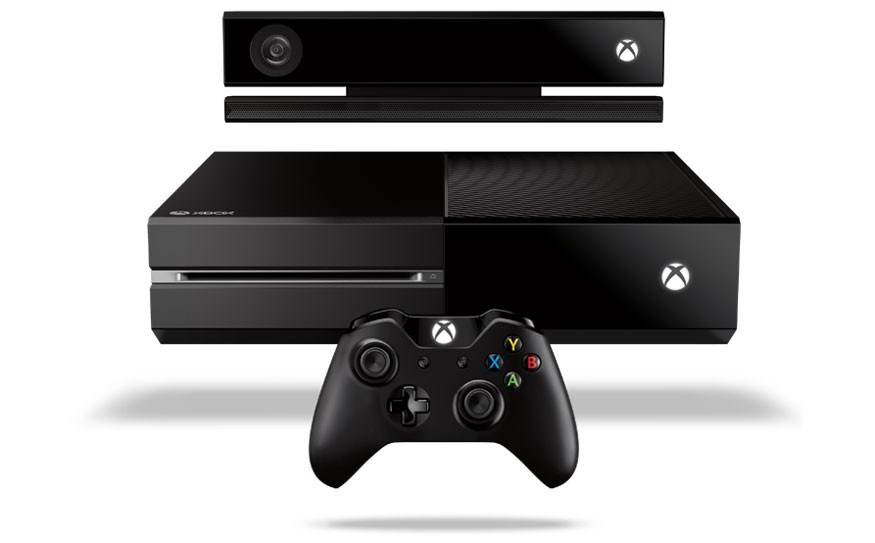By the time the news came out last Wednesday it was too late to change my Cybernaut column comparing the launch of the Sony PS4 with the launch of Microsoft's Xbox One.
It turns out that Microsoft does care what people think after all, and on June 19 they announced plans to walk back certain aspects of their next generation console. For example, you no longer need to be online and check in every 24 hours to play games. As well, you will be able to buy, sell and swap used games the way you always have without any penalties or fees.
The only time you will need to be online with the Xbox One, in fact, is during setup. That was an important change for Microsoft to make because broadband internet really isn't available everywhere — it's probably not at your cottage, it's not at your grandmother's house, it's not an option for a lot of people who travel or who live in rural areas. It's especially not an option for people serving overseas, such as U.S. soldiers stationed on aircraft carriers and in Afghanistan.
As happy as I am to see Microsoft back down, I'm also hopeful that they'll keep a sharing feature they announced but didn't explain very well, which lets users virtually share games with friends — up to 10 people will be abke to download the same game, providing one person purchased it and they aren't playing at the same time, and — this is the kicker — as long as the game publisher allows it.
That's not to say it's all clear sailing for Microsoft from now on, there are still two areas where the company will have to make amends between now and launch time in November or December this year:
The first is in regards to the price. At $499 the Xbox One is $100 more than the PS4. Yes, it comes with Kinect, but a lot of people don't really like or use their first generation Kinects — they weren't well supported with good games and content, and many people would still prefer to have them as an option.
I bought a Kinect thinking it would be fun for my daughter, but the camera never worked right, the games were so-so, and I still had to step in every few minutes to manage all of the menus. It wasn't a good investment for me and I doubt I would have bought it again.
While I don't think Microsoft can lower the price at this point (there's a good chance Sony and Microsoft are already losing money for every console sold at the start of the next cycle) Xbox One can still win out as the better value. If Microsoft were to bundle a few free games — including one Kinect game and a Kinect exercise program that shows off the next generation technology — it would go a long way to making up the price difference. They also have the option of bundling other freebies — accessories like headsets, additional controllers, play-and-charge kits for controllers, or media like free movie downloads, three months of free Xbox Music, and so on. People know a deal when they see one.
So far it doesn't look encouraging with Microsoft announcing plans to sell headsets separately, something that comes off as cheap when Sony is bundling a headset with their console.
The second thing Microsoft needs to fix is their policy regarding independent game developers. Indie games are a growing segment of the industry and where a lot of the real creativity in gaming is taking place these days. So far Sony appears to be offering independents a far better deal — self publishing is allowed, for example — but Microsoft can fix this gap pretty easily just be rewriting their policies.
One of Sony's advantages in the last console generation was indie games, with titles like Flower and Journey getting a lot of attention and landing on reviewers "best of" lists.
While it would seem like Sony has already taken advantage of Microsoft's stumbling launch to win the first battle of the next gen war, at least based on gamer polls and preorder numbers, the company promptly turned around and shot itself in the foot this last week by releasing a firmware update that shut down thousands, if not millions of consoles. The fix was incredibly complex — you had to download a patch onto a USB drive and restart in safe mode. At a time Sony should have been popping champagne corks they went and reminded everyone of previous update issues, hacked passwords, the months that the Playstation Network was offline for repairs, and other issues with the PS3.
We'll see what Microsoft and Sony come up with in the next five months or so, but all-in-all it's been a very entertaining few weeks in the video game world.
If you're not into games, maybe this statistic will explain why this stuff is so important: when Man of Steel hit the theatres last week it was the top-grossing movie of the weekend with $120 million; meanwhile a PS3 exclusive video game, The Last of Us, actually grossed more in real dollars. In the U.K. alone, sales of The Last of Us topped 20 million pounds while Man of Steel earned three million pounds. Games are the biggest, highest revenue entertainment industry going these days.




